Improving the health of ethnic minority women and newborns in Asia
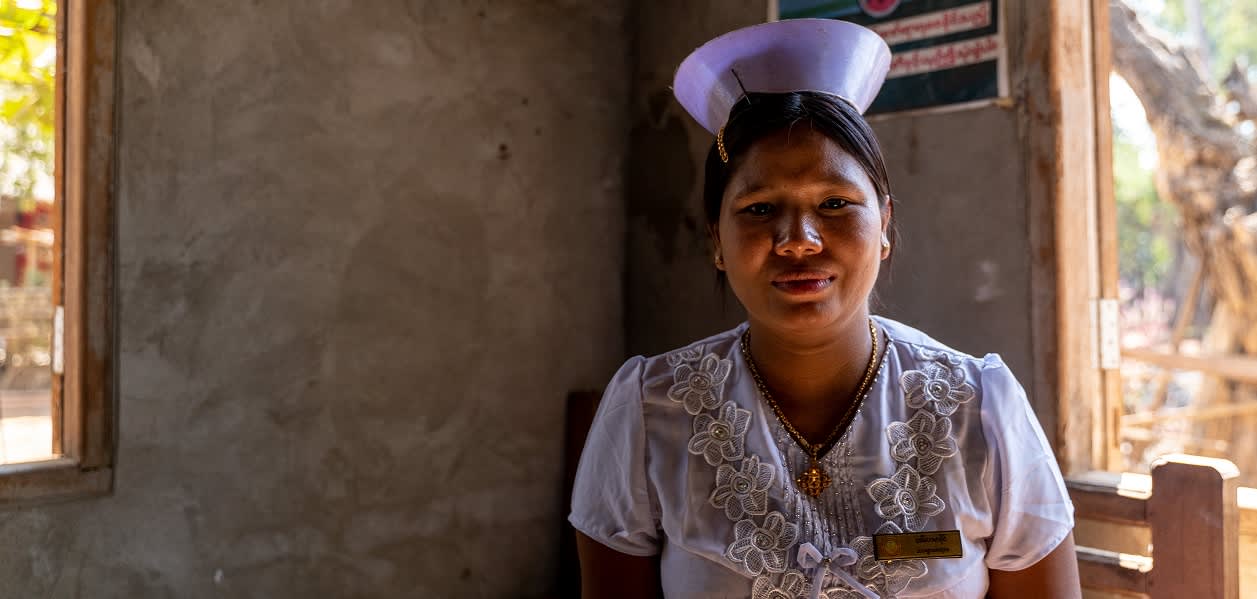
Improving the health of ethnic minority women and newborns in Asia
Our Global CSR Program supports activities in developing and emerging countries that help to prevent disease, train health workers, strengthen supply chains and improve access to quality diagnosis and treatment. Each year, our employees across the globe vote for new partners for the Program.
In 2016, Takeda colleagues voted for the Maternal and Newborn Health for Ethnic Minorities project in partnership with Save the Children as one of our first Global CSR Programs. Its aim was to provide underserved communities with vital health education, training and services. Earlier this year, the four-year project came to a close. Here’s a snapshot of the significant impact it had.
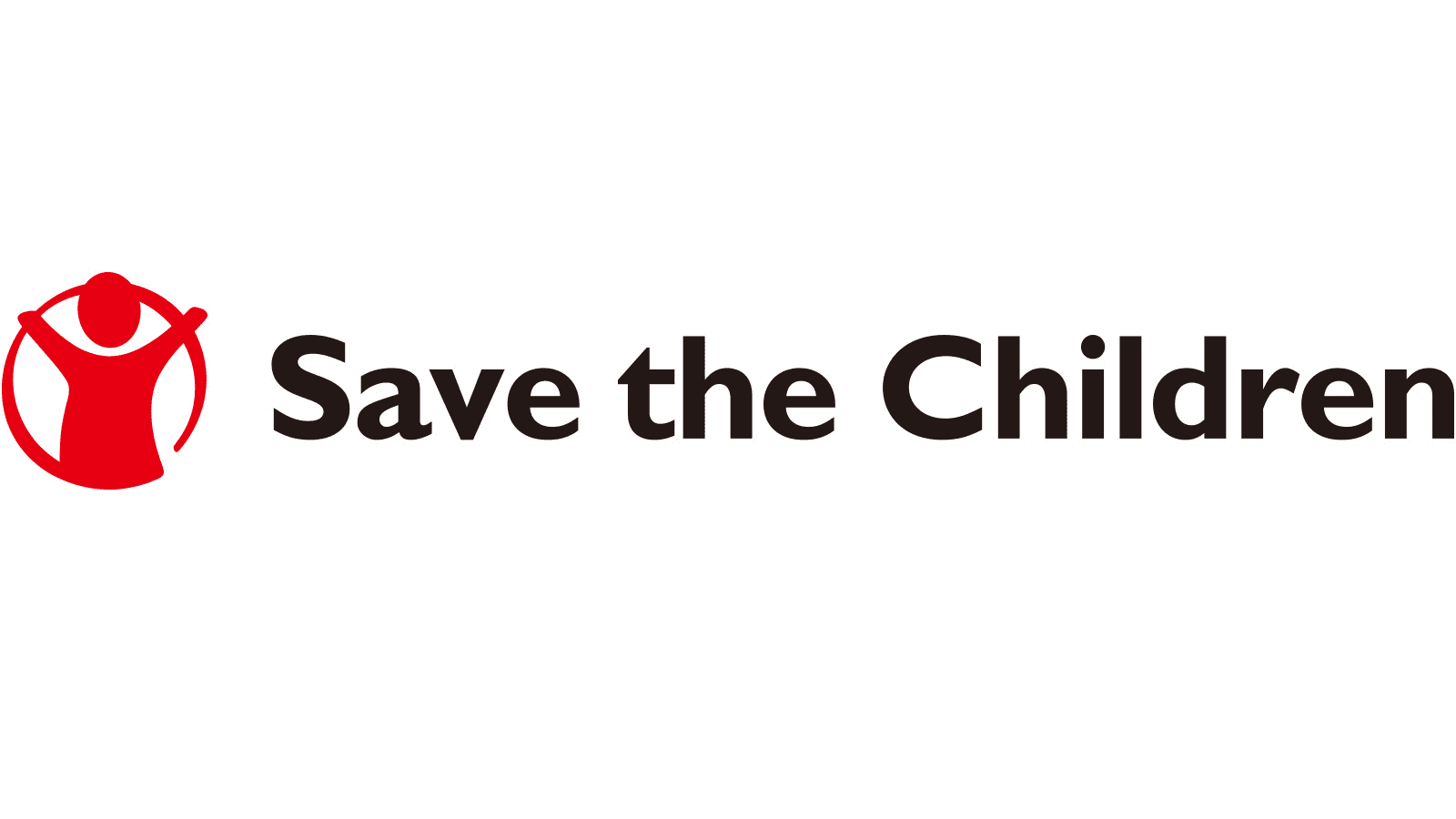
About the Project
Partner: Save the Children
Project Countries: Vietnam, Myanmar, Laos
Project Period: March 2017-April 2021
Activities:
Construction and renovation of health facilities
Health worker training
Community health volunteer training
Health education
Strengthening community maternal health service provisions
Impact by numbers
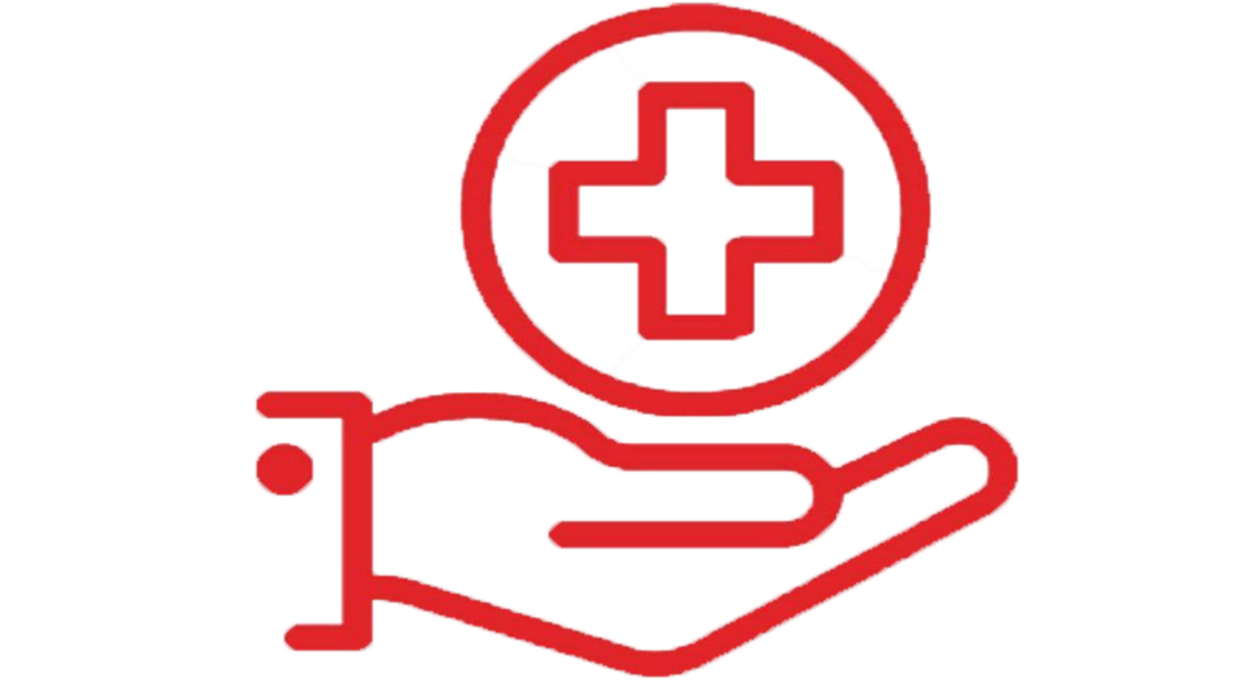
21,099
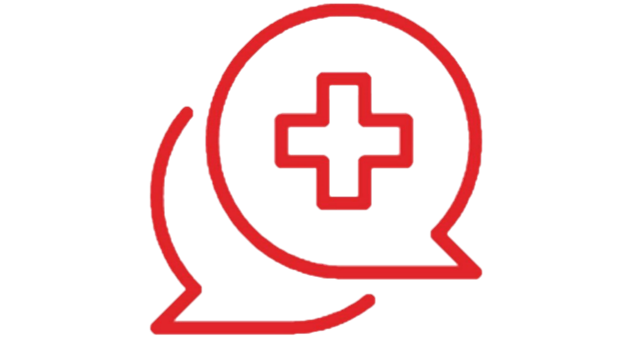
60,187
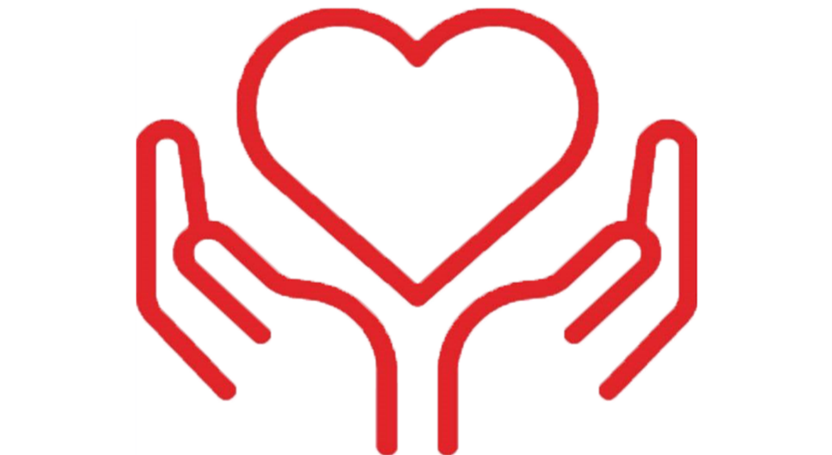
20,384

313
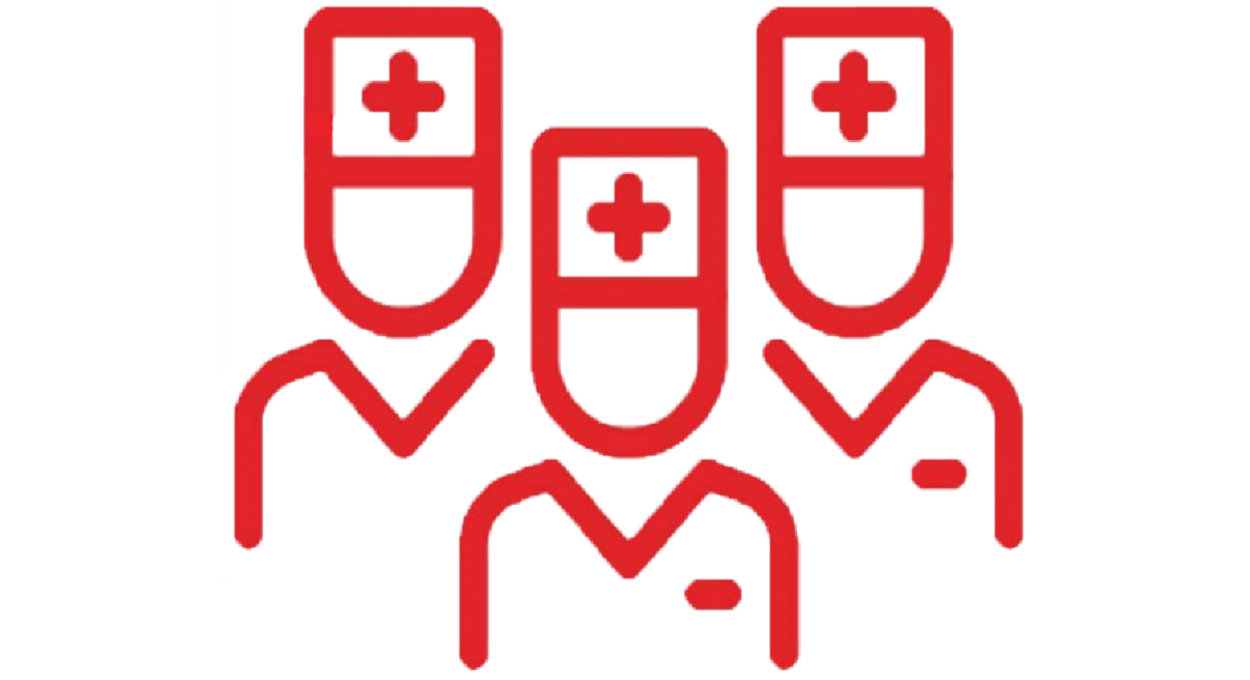
75

4

114
Understanding and practice of maternal and newborn care improved
To gauge impact, the Save the Children team conducted surveys at the beginning and end of the project. Questions focused on mothers’ knowledge of at least three common danger signs during different stages of pregnancy and beyond. There were also questions related to adoption of healthy practices as the project’s aim was to bring about sustainable results through behavioral change. The percentage increases below highlight the significant impact the project had on both understanding and practice of healthy maternal and newborn care.
| Indicators | Vietnam | Myanmar | Laos* | ||||
| Project start | Project close | Project start | Project close | Project start | Project close | ||
| % of women who know at least 3 danger signs | During pregnancy | 15.7% | 90.8% | 7.2% | 62.2% | 24.2% | 48.7% |
| During labor | 8.9% | 83.3% | 4.7% | 39.8% | 18.6% | 33.2% | |
| During postpartum period | 14.2% | 85.3% | 3.8% | 35.4% | 24.0% | 42.4% | |
| In newborns | 26.3% | 91.1% | 8.5% | 63.4% | 30.0% | 58.6% | |
| Exclusive breastfeeding rate | 27.2% | 41.5% | 56.6% | 65.9% | 75.2% | 77.3% | |
| Facility delivery rate | 80.1% | 95.6% | 43.8% | 55.0% | 77.2% | 80.0% | |
*Figures for Laos not exclusive for Takeda-funded project.
Stories from people we helped **
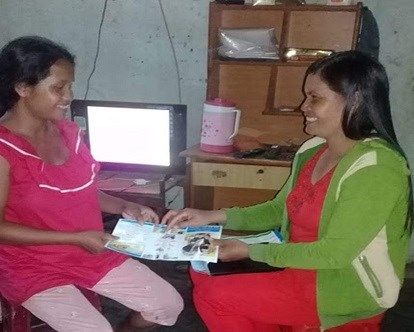
“If my relatives or my neighbors are pregnant, I will tell them to go to the local health center or hospital to have pregnancy checkups and encourage them not to give birth at home anymore.”
Eva, Vietnam
Eva gave birth to her first two children at home, a practice that still occurs in rural Vietnam. During her third pregnancy, a visit from one of the program’s community volunteers highlighted the benefits of giving birth in a facility and the support mother and child would receive. Eva attended regular antenatal checkups and gave birth to a healthy baby girl in a district hospital. She now advocates for safe birthing practices.
“During my first pregnancy, I had no plan for delivery and gave birth in emergency conditions. For my second child, the situation had totally changed. I received regular care from the area midwife and financial support from the village health committee. I delivered my baby without any difficulties.”
Maria, Myanmar
After a difficult first pregnancy, when pregnant with her second child, Maria received antenatal checkups and took part in educational sessions, where she learned about good health and nutrition during pregnancy and following the birth.
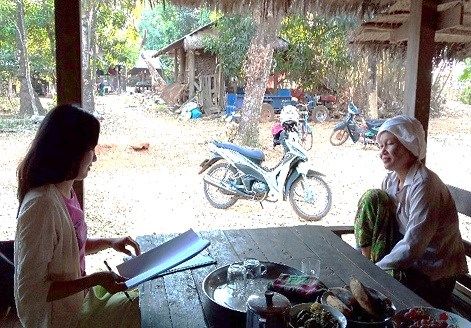
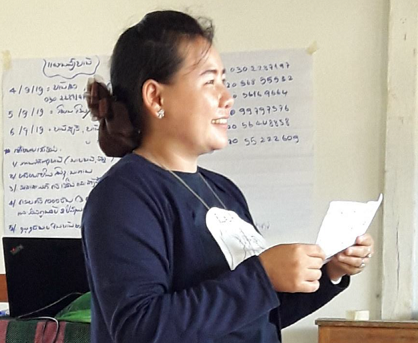
“Previously, many people didn’t understand the importance of keeping children clean and handwashing. Now this has improved."
Sara, Laos
Sara is a community health volunteer in Laos. Through the project she learned to advise people on nutrition and hygiene. By clearly demonstrating safe and healthy practices, she feels behavior in her village has improved greatly.
"The training courses on newborn care have helped me and my colleagues greatly improve our professional knowledge and skills. We feel more confident in operating the newborn care unit. And we are proud that we can do things that have never been done before at our district hospital.”
Dr. Harrison, Vietnam
Before the project, the Krong Bong district hospital was not able to treat sick newborns due to lack of equipment and untrained staff. Instead, they were referred to larger hospitals. But due to the distance of these hospitals from remote villages, many newborns died before arrival. After Dr. Harrison and his colleagues received training through the program, 68 sick newborns were treated at the district hospital.
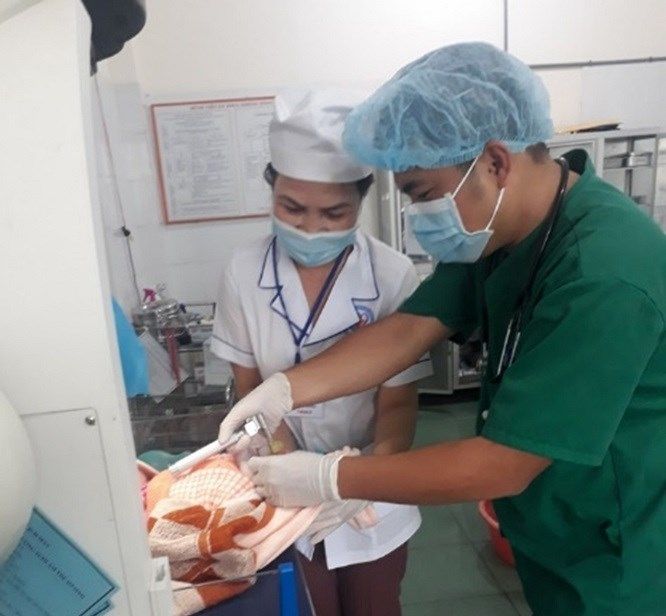
While this project may have finished, we are proud of the foundation Save the Children and Takeda established, which will positively impact the lives of mothers and newborns in these communities for years to come. Learn more about our Global CSR Program.
**Names have been changed to protect the privacy of these individuals